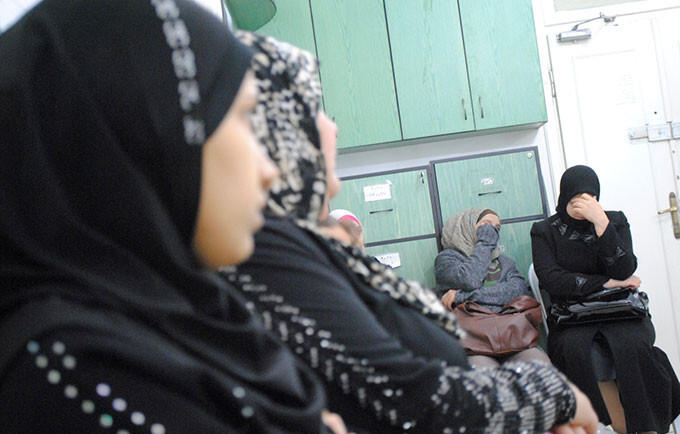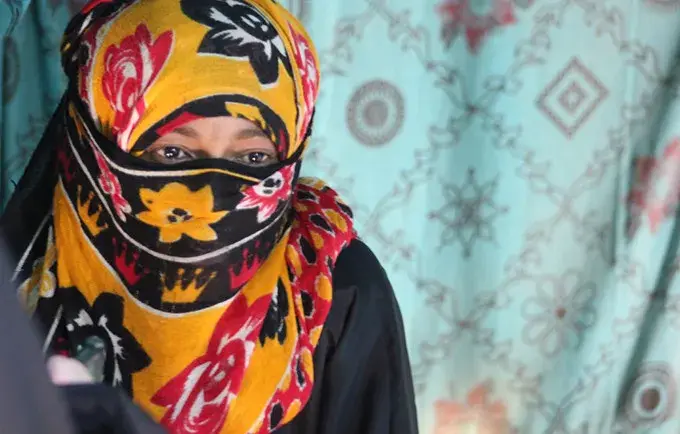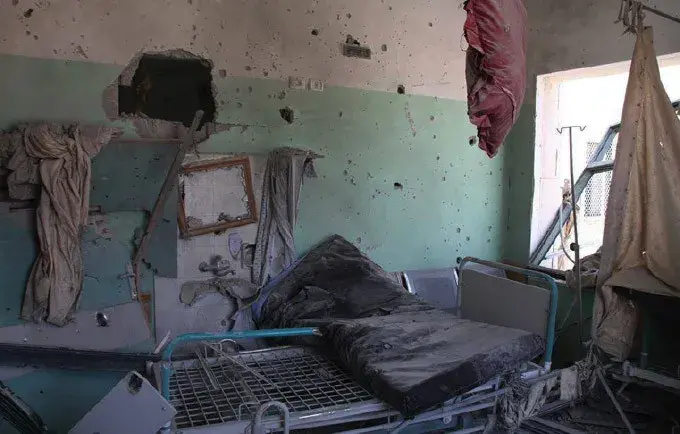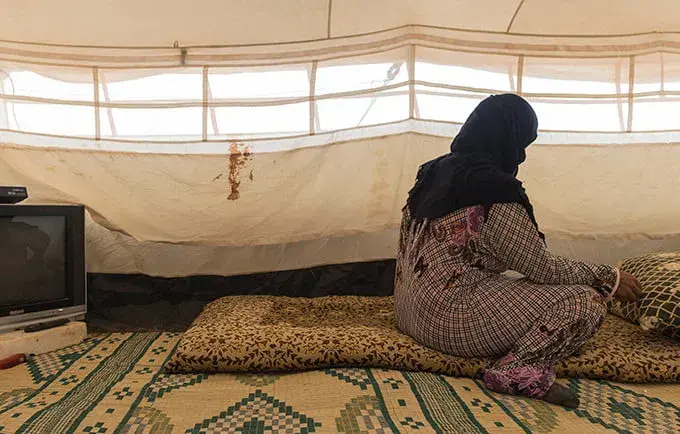UNITED NATIONS, New York – Violence against women and girls is one of the world’s most pervasive human rights abuses. It happens every day, in every region, country and community on the planet, sometimes in plain sight.
Today, 25 November, is the International Day for the Elimination of Violence against Women, which calls for global action to end gender-based violence, gender discrimination and gender inequality. Yet even after decades of commitment to promote the rights and security of women, violence continues – often with impunity.
One in three women will experience physical or sexual abuse in her lifetime, most often at the hands of someone she knows. And the consequences do not stop there. Women subjected to physical or sexual violence face a cascade of ill effects.
“Violence deprives women and girls of their human rights to health, education and participation in the affairs of their communities and nations,” said UNFPA’s Executive Director Dr. Babatunde Osotimehin.
Violence takes many forms
Violence against women and girls takes many forms, from physical and sexual abuse to human rights violations such as female genital mutilation (FGM) and child marriage. Both are all too common: It is estimated that 140 million girls and women have undergone some form of FGM and that one in every three girls in developing countries is married before reaching age 18.
In many cases, one form of abuse follows another, as illustrated in UNFPA’s 16 Girls multimedia feature, launched today. This story showcases 16 courageous girls in Niger – where a staggering 76 per cent of girls are child brides – who take a stand against child marriage. For these girls, the prospect of marriage is frequently accompanied by violence.
Seventeen-year-old Salamatou Adam described being beaten by both her husband and her father when she rebelled against being married.
“On the wedding night, my husband consummated the marriage with brutality,” Salamatou said. She fled to her grandparents’ house, only to have her father arrive and beat her for disobedience.
She ended in the hospital, but when she emerged, she was returned to her husband’s house. There, she was subjected to even more violence. It would be days before her family agreed she should return home and seek a divorce.
16 days of activism
The International Day for the Elimination of Violence against Women marks the start of a campaign, the 16 Days of Activism against Gender-based Violence, demanding efforts to protect and empower women.
This campaign does not merely call for action on behalf of vulnerable women and girls. It also celebrates action by vulnerable women and girls, like Salamatou.
All of the 16 girls profiled are participants in the Action for Adolescent Girls programme, which is supported by UNFPA and the Government of Niger. The programme, locally known as Illimin, teaches literacy, financial skills and health information, and includes lessons on human rights and the harms of child marriage. Armed with this knowledge, girls are able to forcefully, and often successfully, argue against being married off as child brides.
Some, like Salamatou, have gone on to become young advocates in their communities, blazing a trail for others to follow.
“I will continue all my life to be an activist for the cause of girls who are victims of early and forced marriage,” she said.







